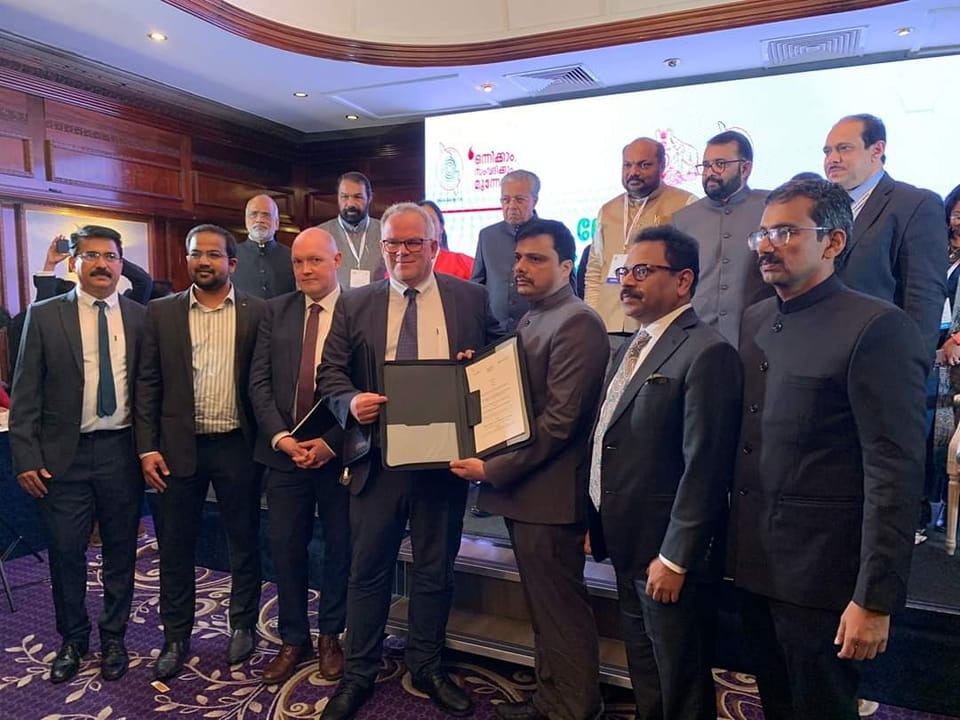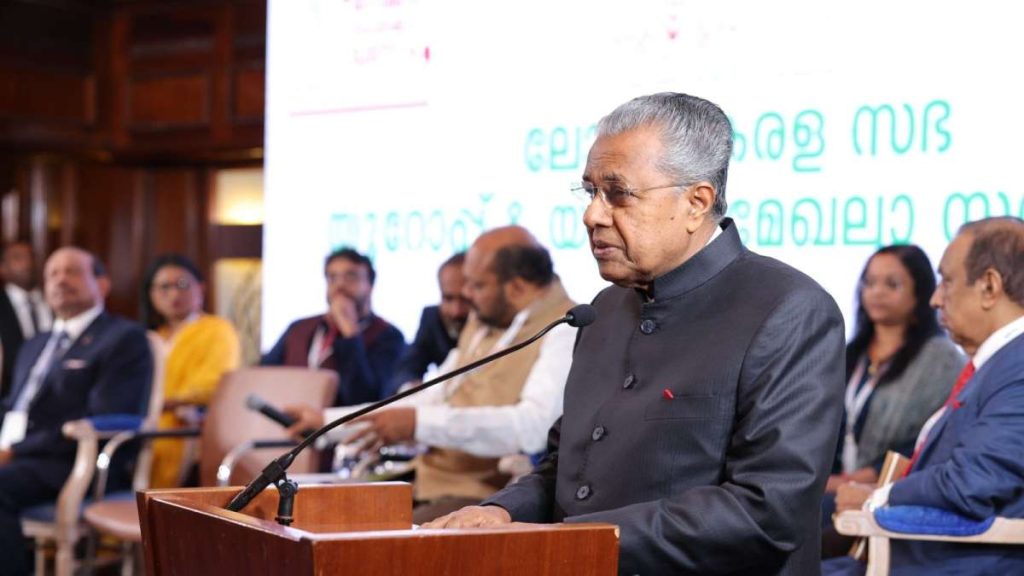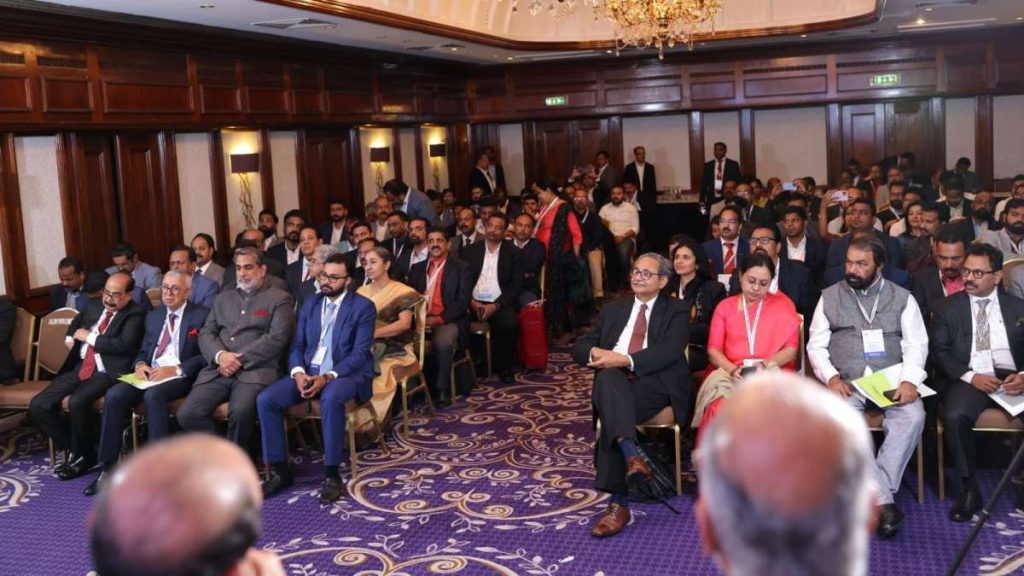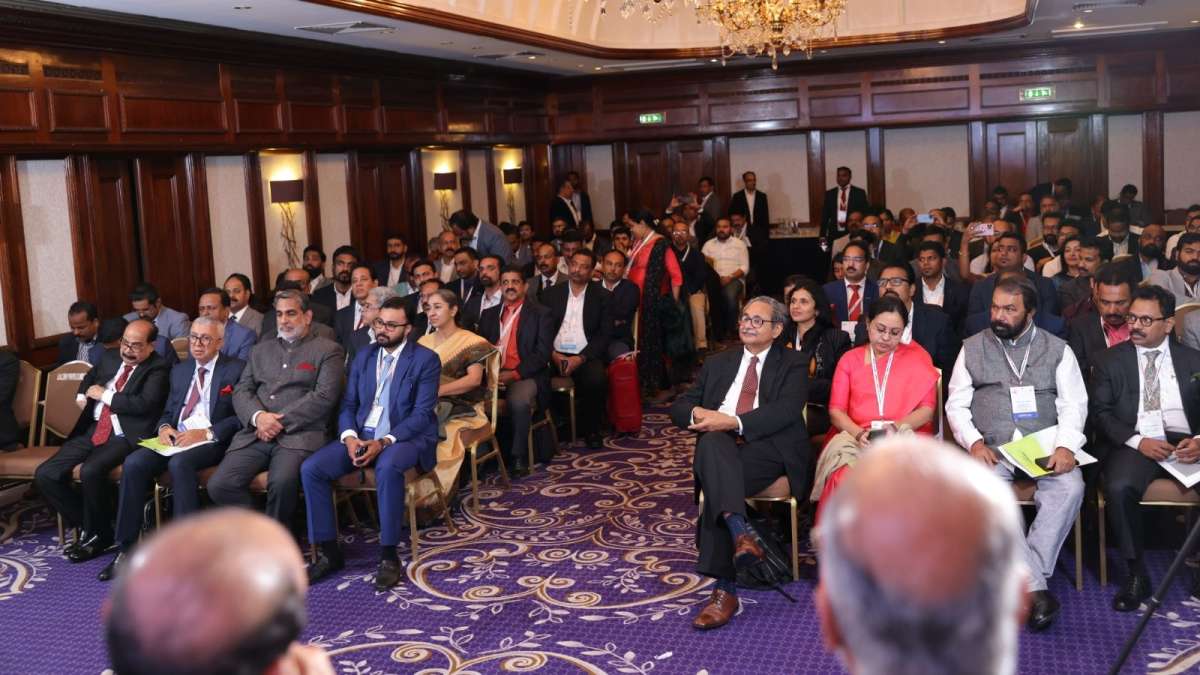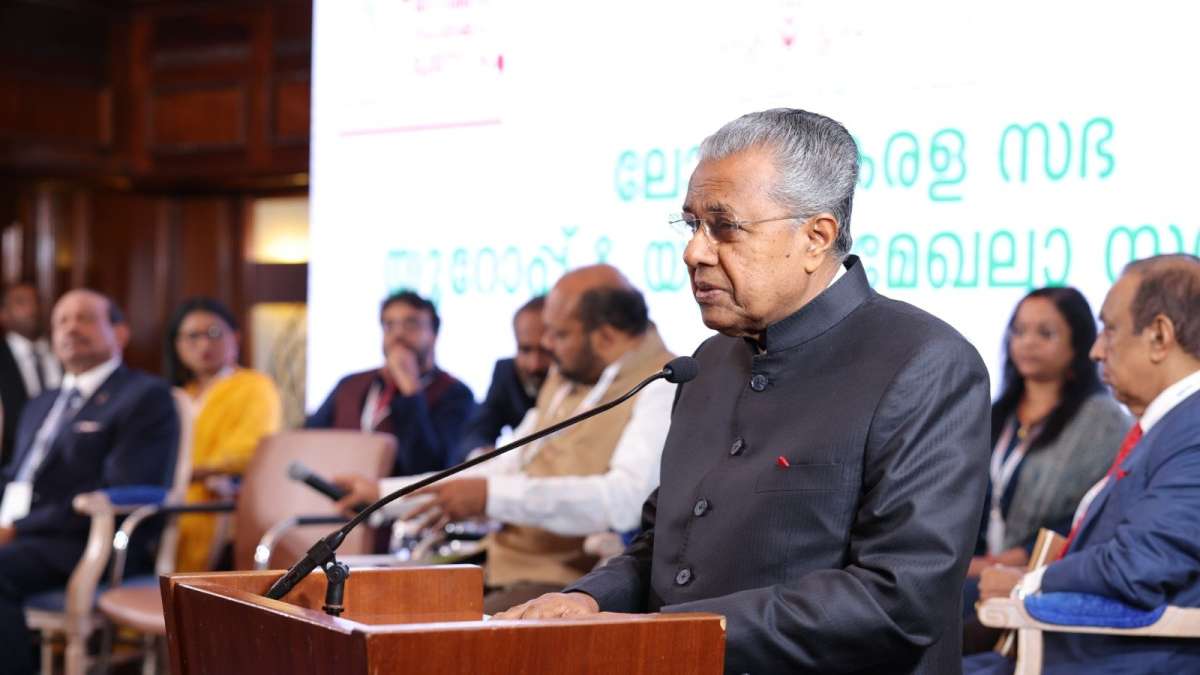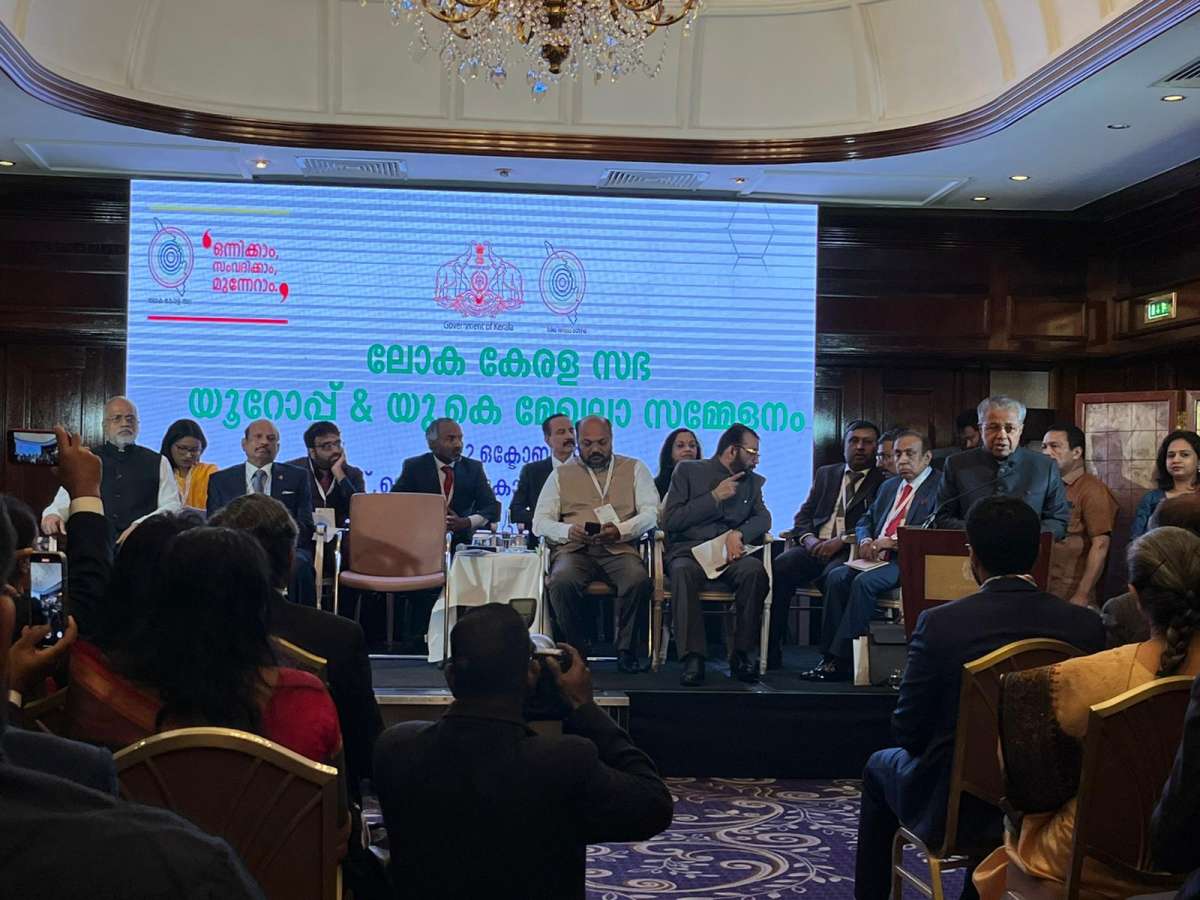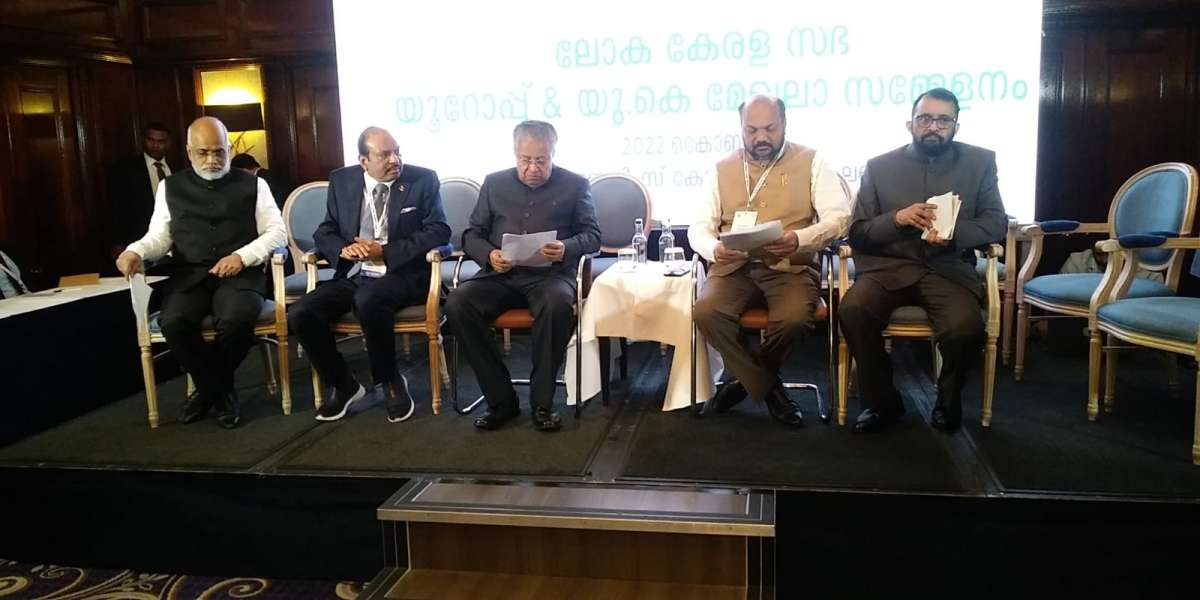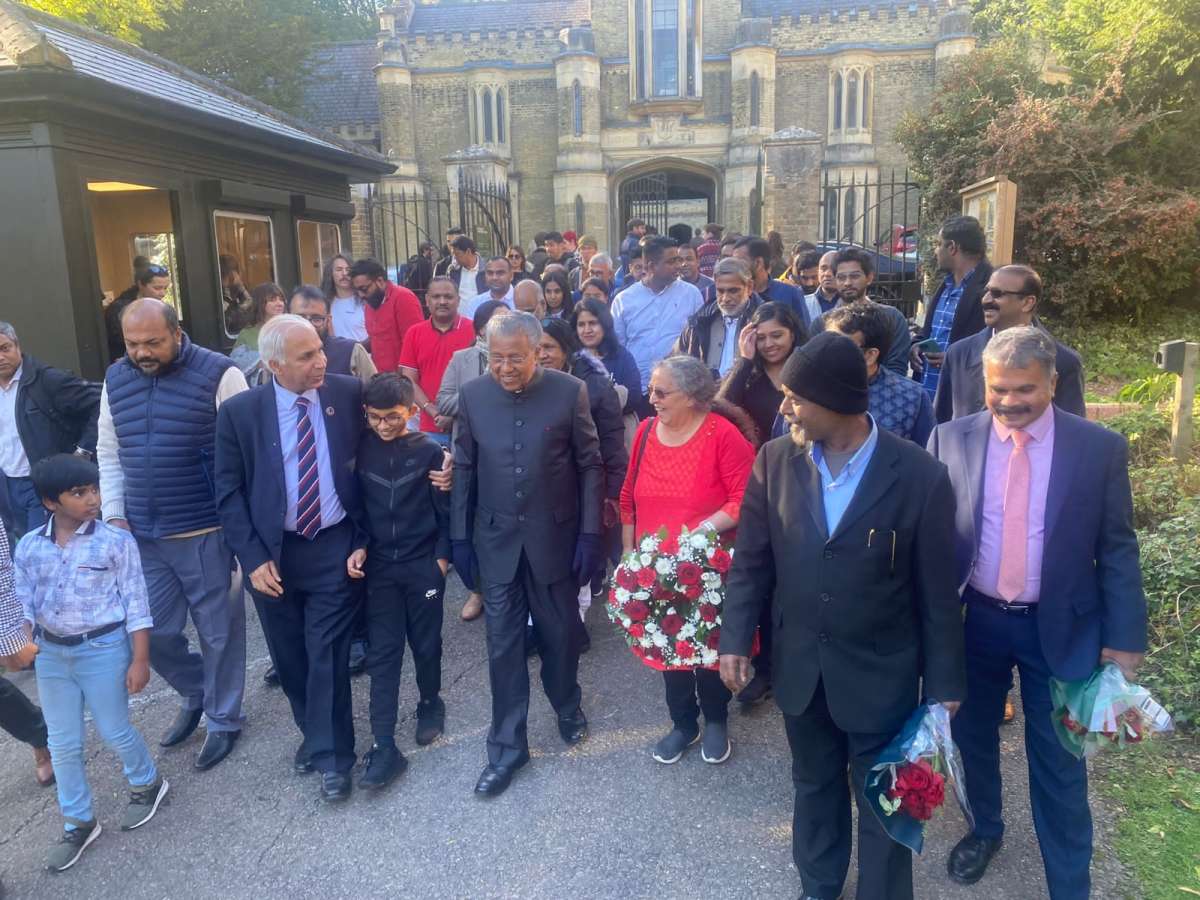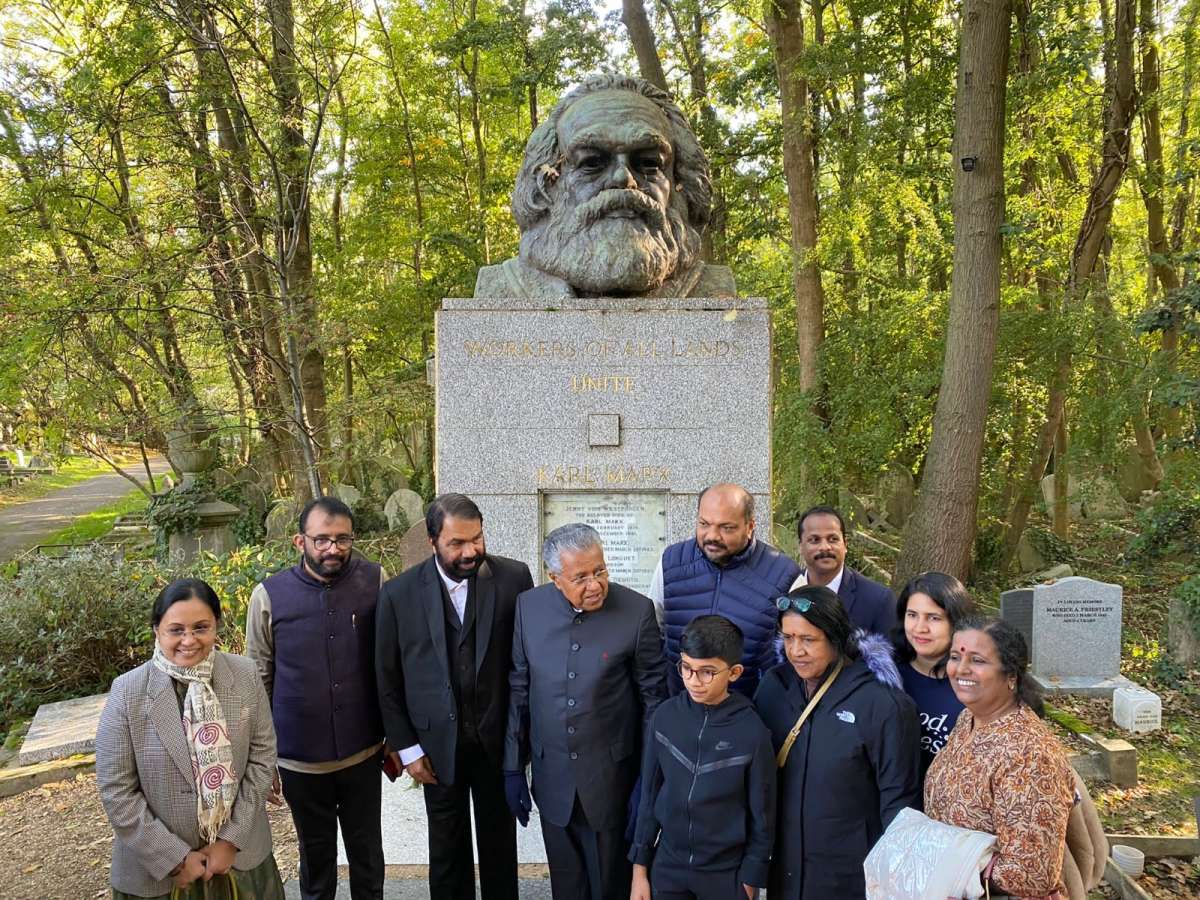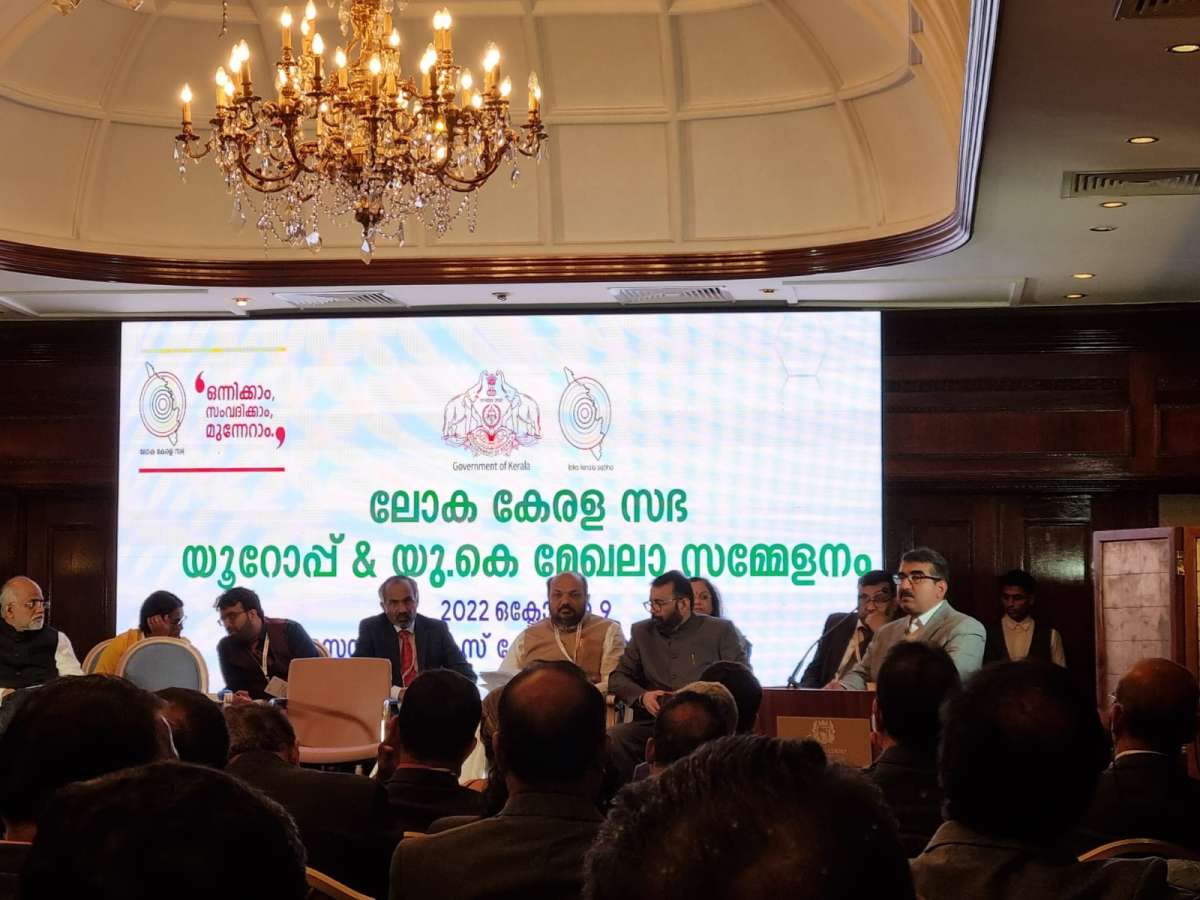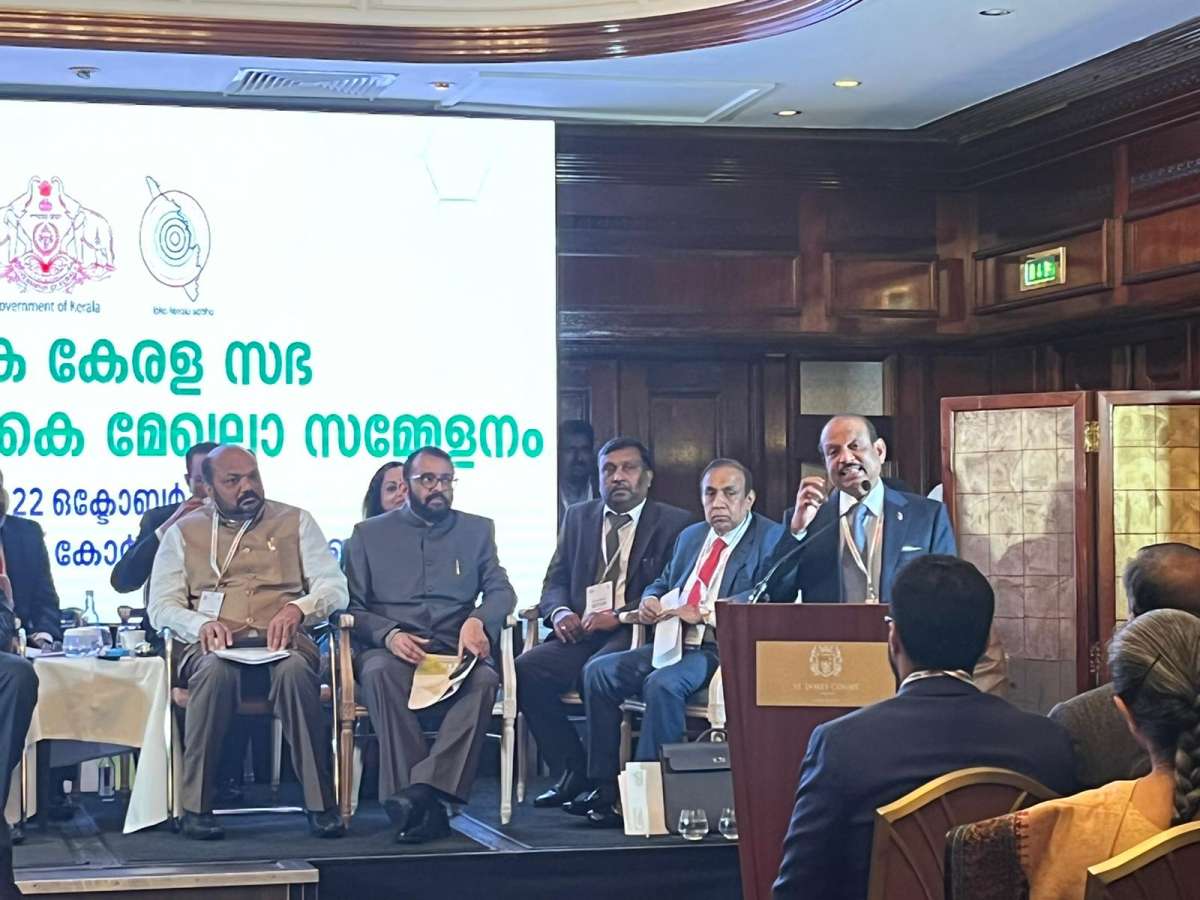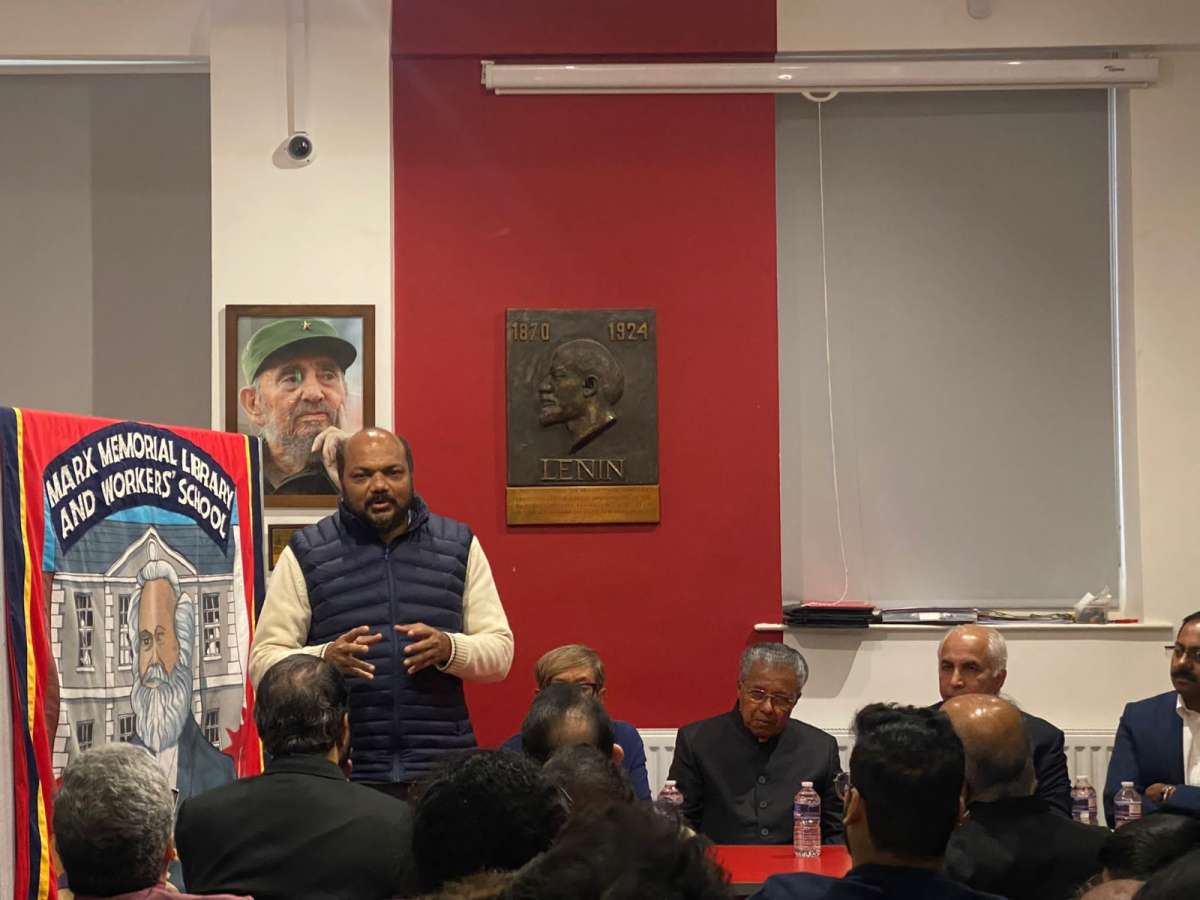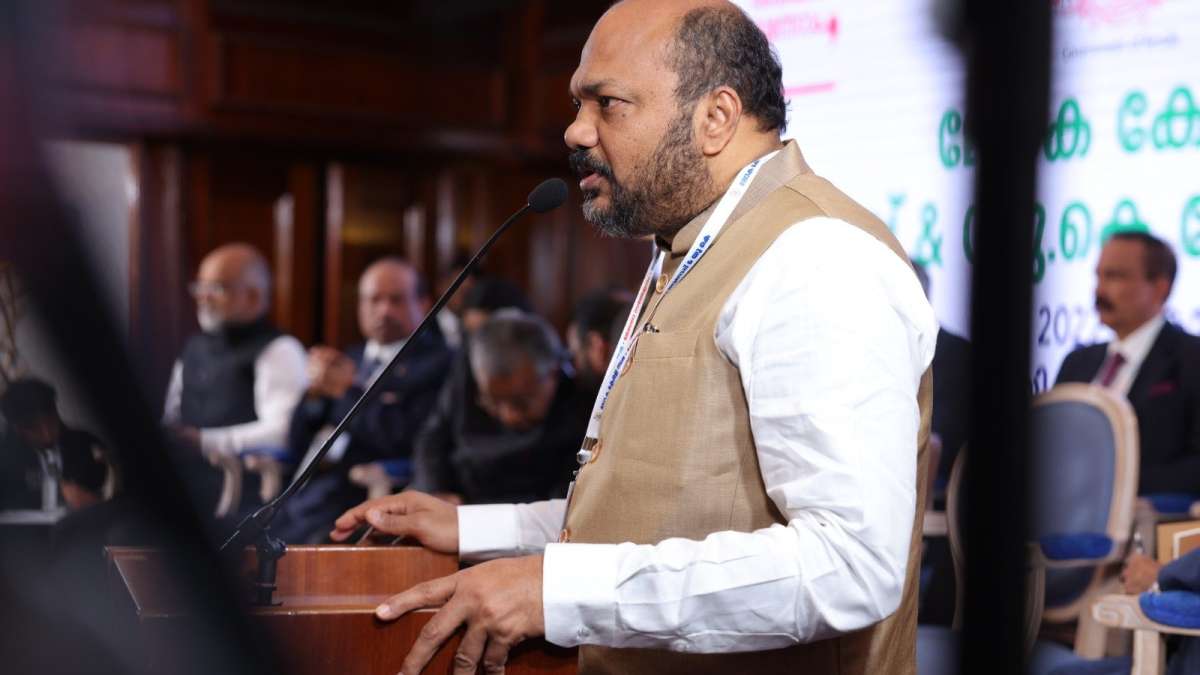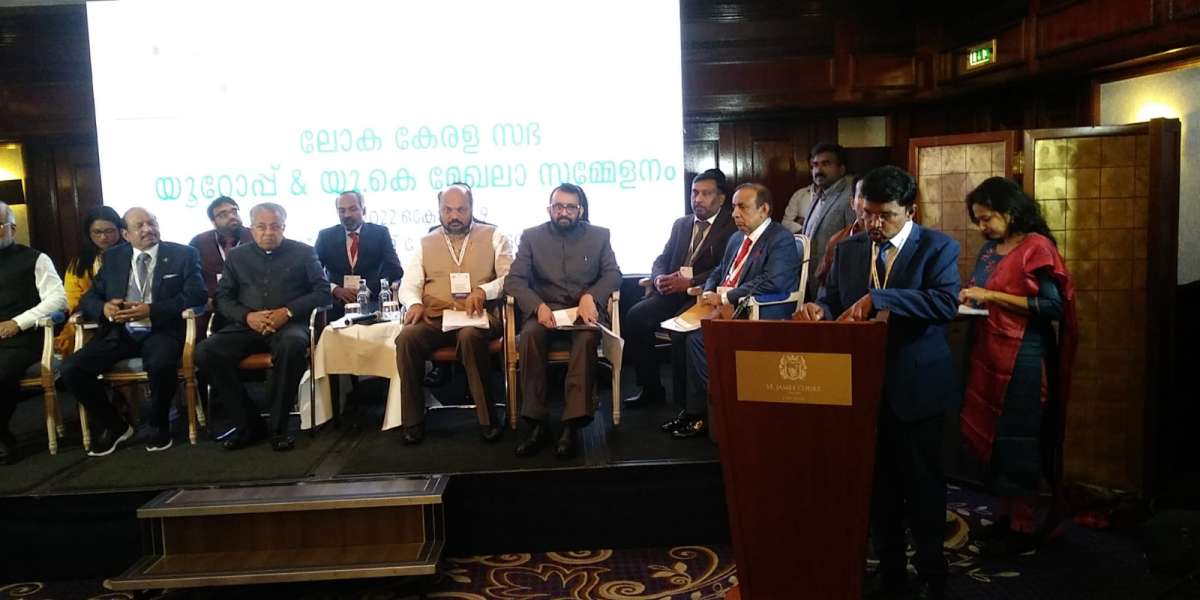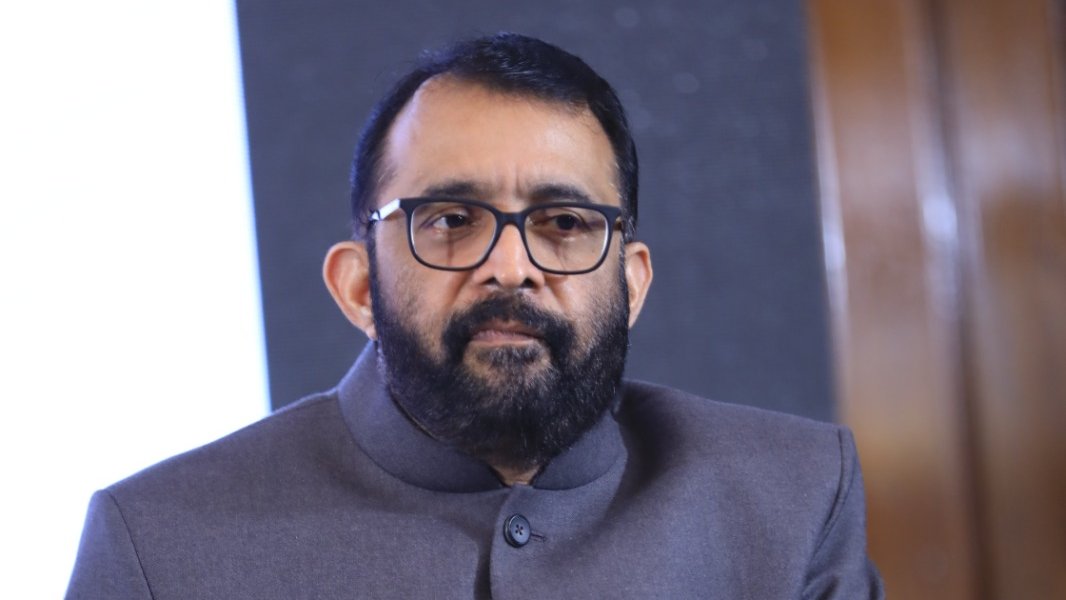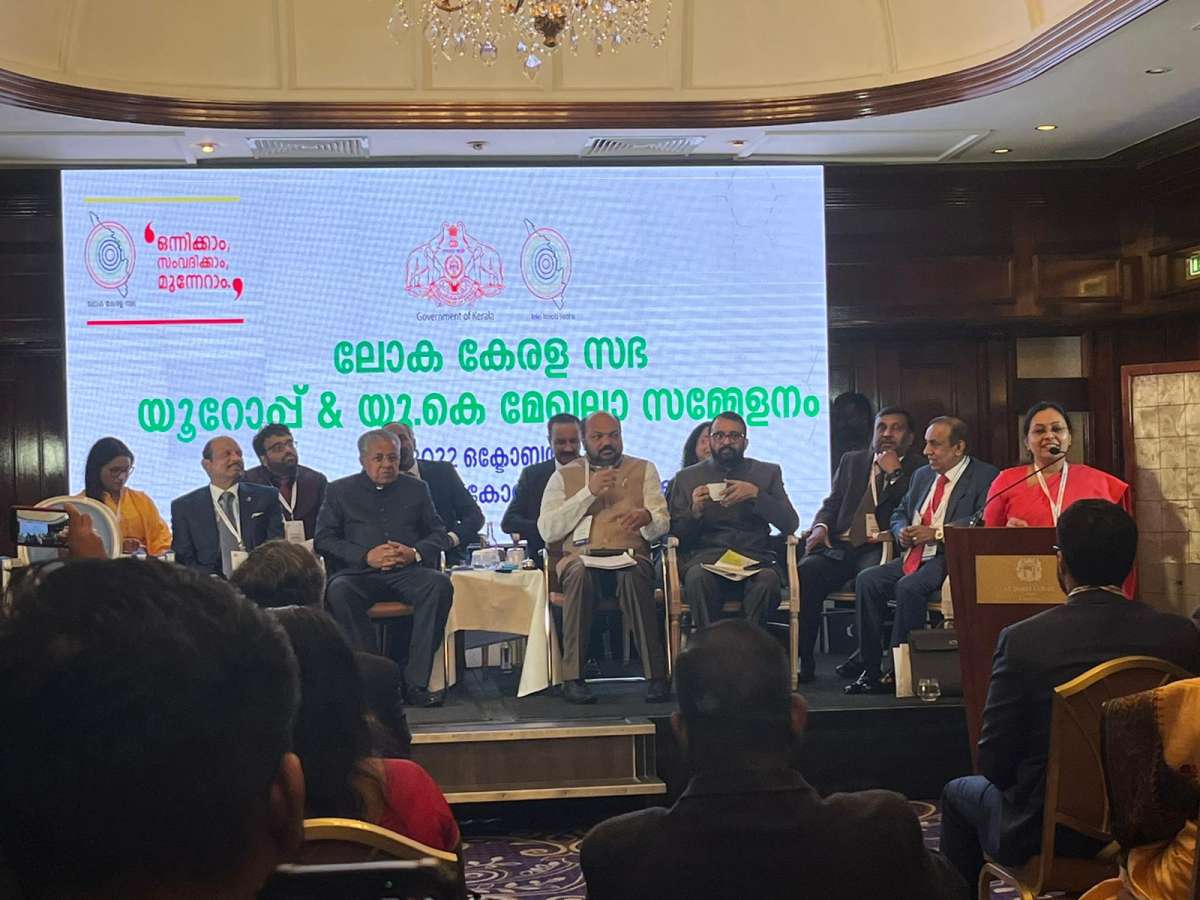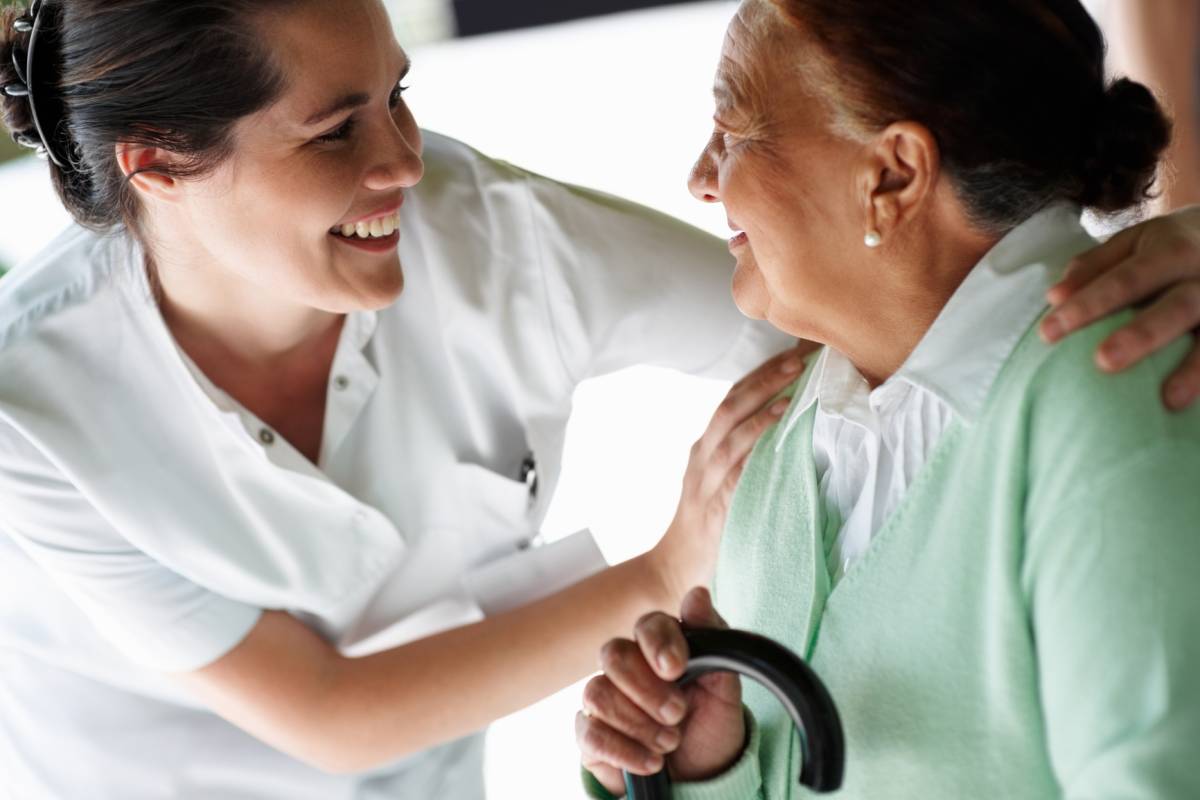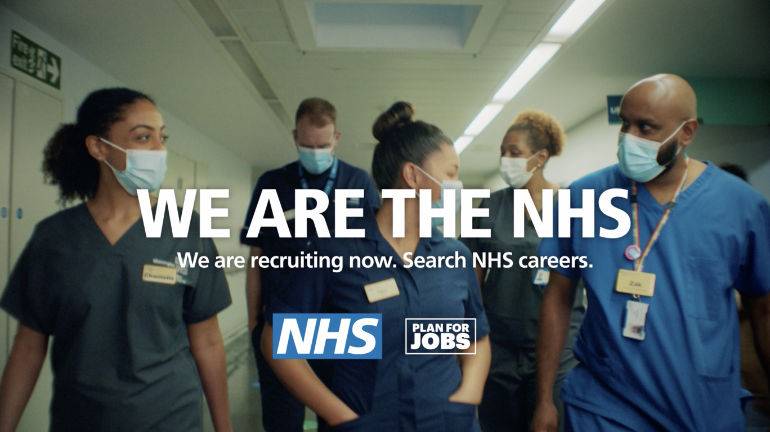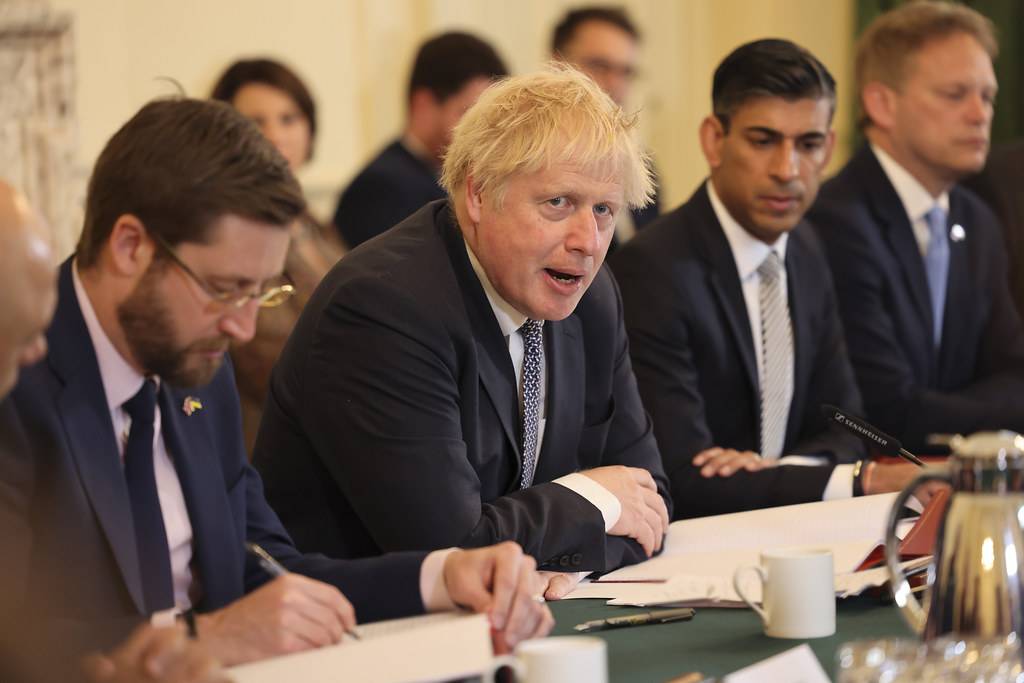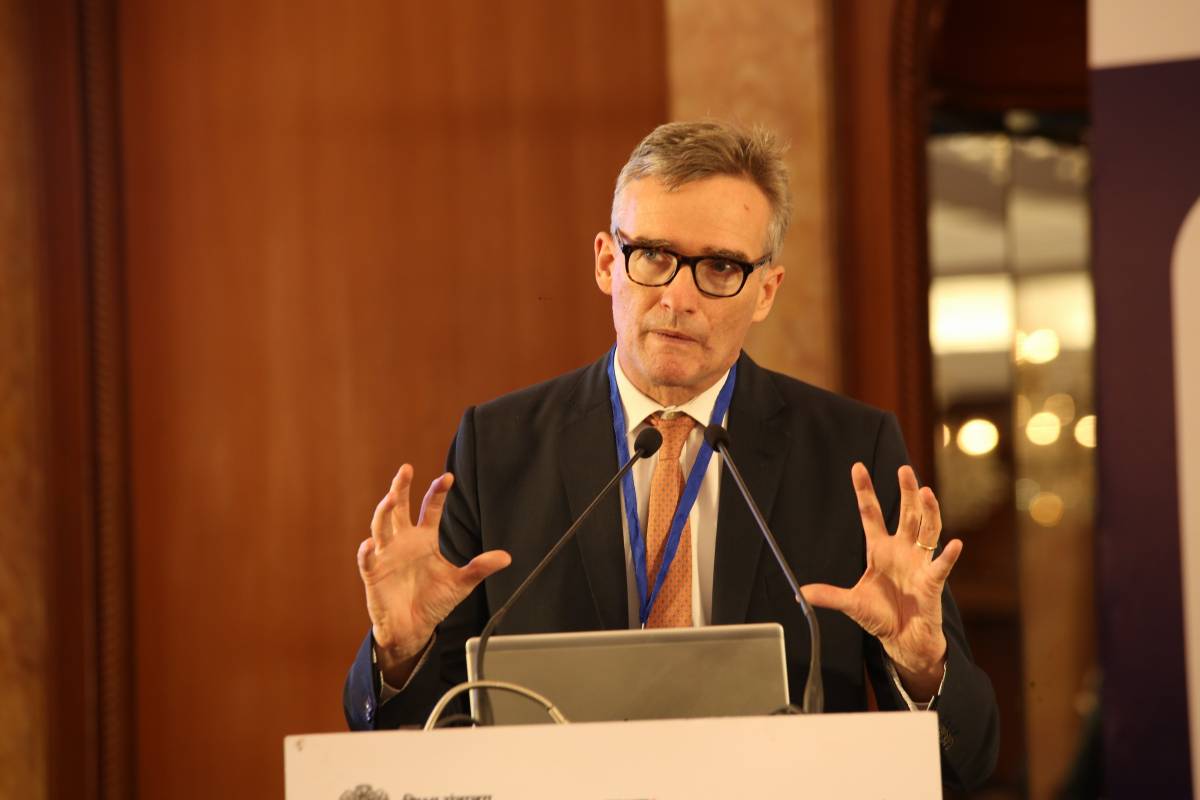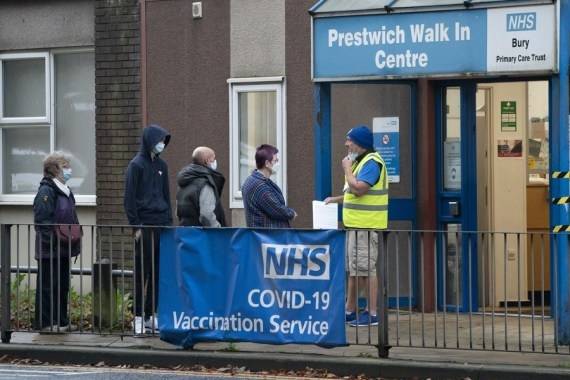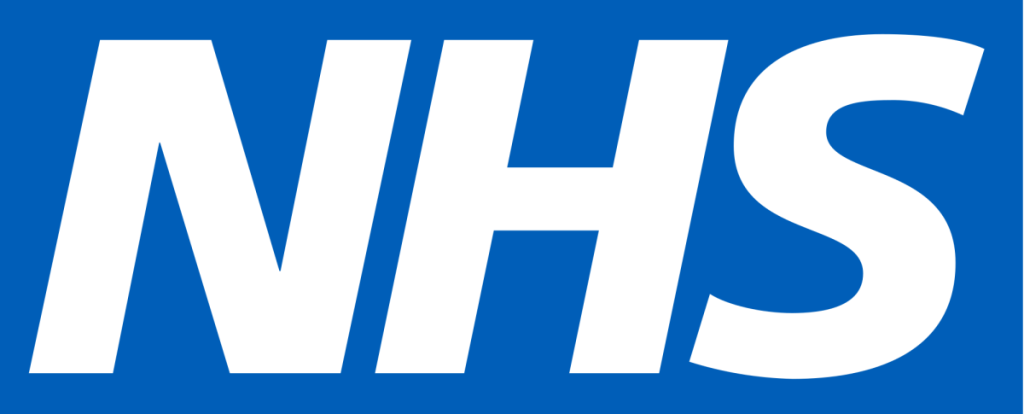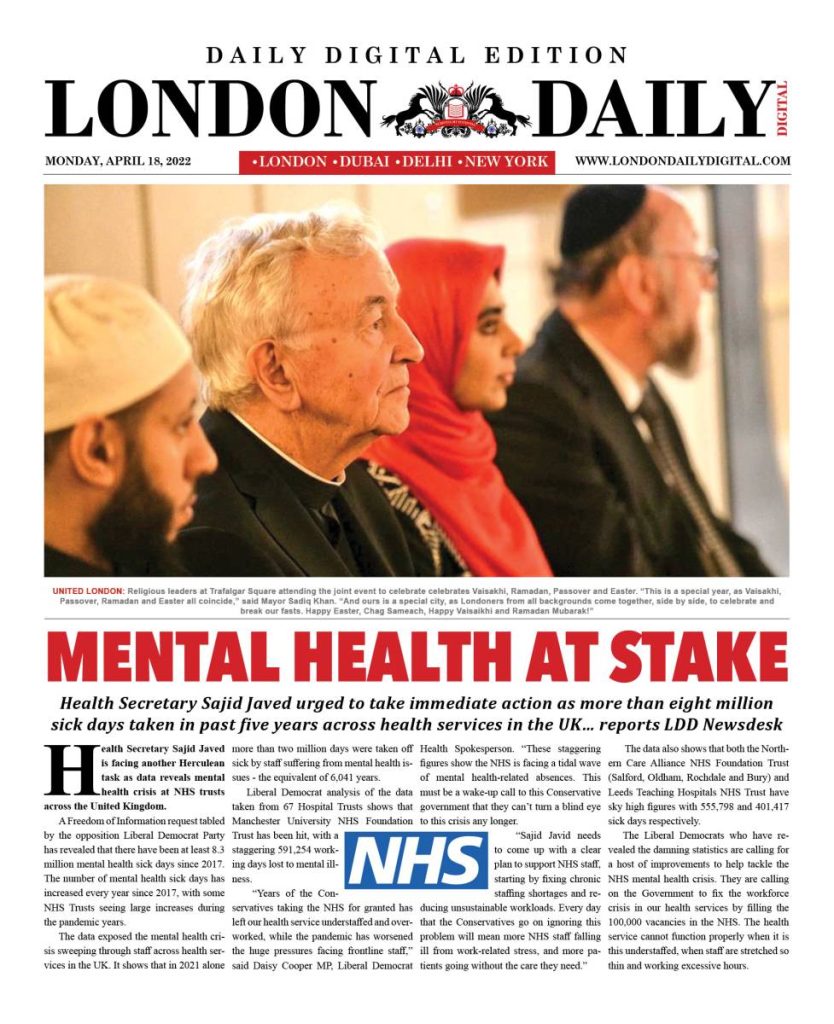Unison, which has more than 1.3 million members according to its website, said the most pressing issue for new Prime Minister Rishi Sunak and Health Secretary Steve Barclay was “without doubt finding a solution to the many problems affecting the NHS”…reports Asian Lite News
Britain’s biggest trade union said on Thursday it was balloting 350,000 workers in the state-run National Health Service (NHS) on strike action over pay this winter.
Unison, which has more than 1.3 million members according to its website, said the most pressing issue for new Prime Minister Rishi Sunak and Health Secretary Steve Barclay was “without doubt finding a solution to the many problems affecting the NHS”.
“The NHS is losing experienced staff at alarming rates. Health workers are leaving for work that pays better and doesn’t take such a toll on them and their families,” Unison General Secretary Christina McAnea said in a statement.
“If this continues, the health service will never conquer the backlog and treat the millions desperately awaiting care.”
Unison, along with 13 other health unions, had asked for an above-inflation rise for all staff. The unions use the Retail Price Index measure of inflation, which stands at over 12% currently.
Unison is not the only health union taking action. The other major ones, including the Royal College of Nursing, Royal College of Midwives, GMB and Unite, have all started to, or are planning to, ballot members.
Unison general secretary Christina McAnea said: “Striking is the last thing dedicated health workers want to do. But with services in such a dire state and staff struggling to deliver for patients with fewer colleagues than ever, many feel like the end of the road has been reached.
“The NHS is losing experienced staff at alarming rates. Health workers are leaving for work that pays better and doesn’t take such a toll on them and their families.
“If this continues, the health service will never conquer the backlog and treat the millions desperately awaiting care.”
Helga Pile, deputy head of health at Unison, told BBC Radio 4’s Today programme the pay award for health staff – including paramedics, porters and nurses – outside Scotland was “nowhere near enough”.
“Outside Scotland, all they [health staff] have got is a 72 pence per hour award, and that’s just nowhere near enough when they can’t afford to pay their bills.
“They can’t afford to feed themselves, they’re going to work hungry, they’re going home to cold houses at the end of their long shifts.”
One of those who will be voting in favour of strike is Emily Jones, who works in admin at an NHS trust in the south-west of England, and is a local Unison rep.
She said she was struggling financially as her mortgage payments had doubled, and she is worried about her fuel bills this winter.
“Things can’t go on as they are. If pay isn’t attractive, no-one will want to join the service,” she said.
A Department of Health and Social Care in England spokeswoman said that, as well as being in line with the NHS Pay Review Body recommendations, this year’s rise followed a 3% pay increase last year, in recognition of work during the pandemic, despite a public sector pay freeze.
She added that the government valued the hard work of staff, but urged them to “carefully consider” the impact on patients.
The balloting of Unison members comes ahead of the Royal College of Nursing (RCN) ballot closing next week.
It is the first time it has balloted its members on a UK-wide strike.
Emergency care will be protected during any industrial action taken by any of the unions.
The Unison ballot closes on 25 November in England and Wales and on 18 November in Northern Ireland.
ALSO READ-Rishi’s Reshuffle: Hunt Stays, Braverman and Gove Return


